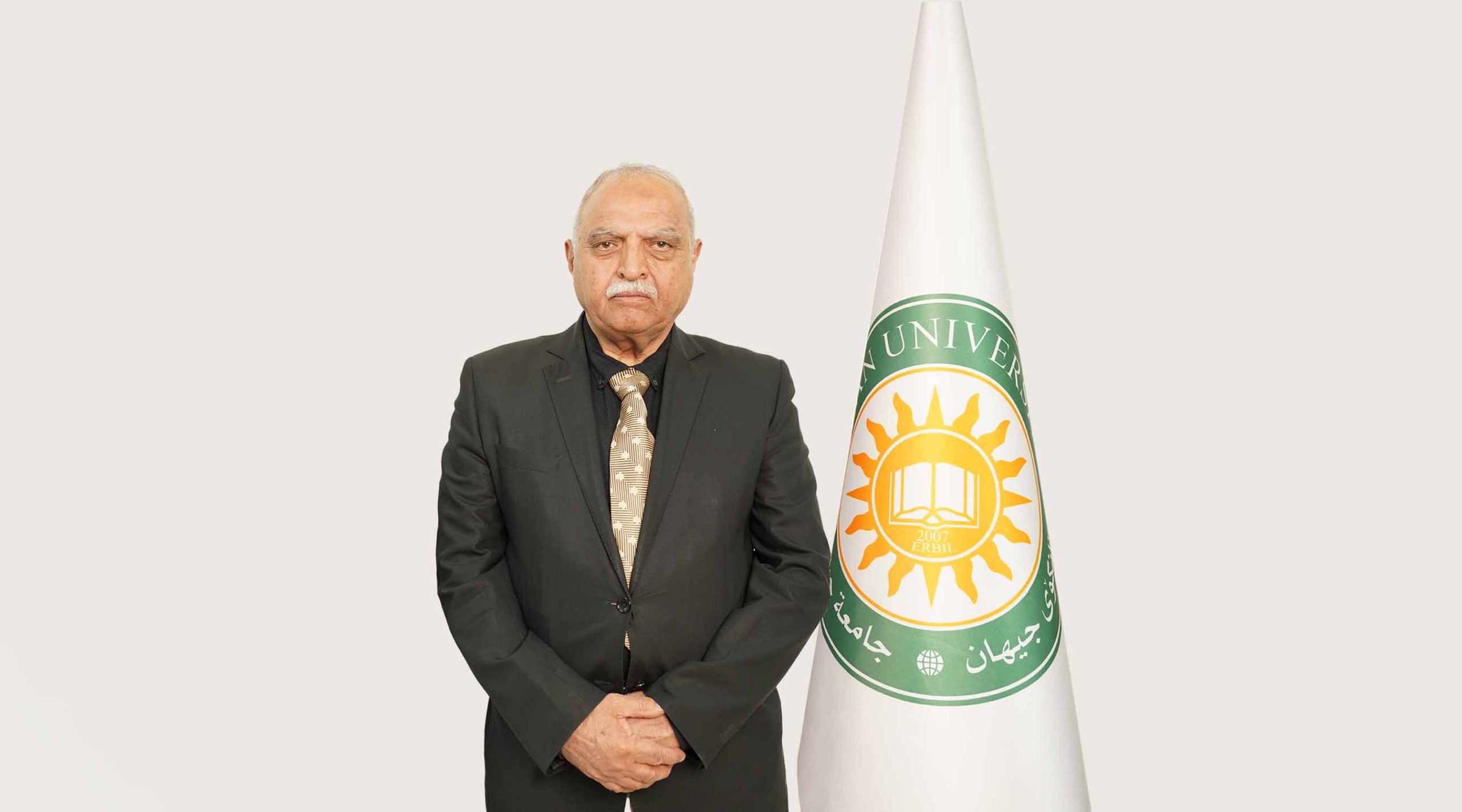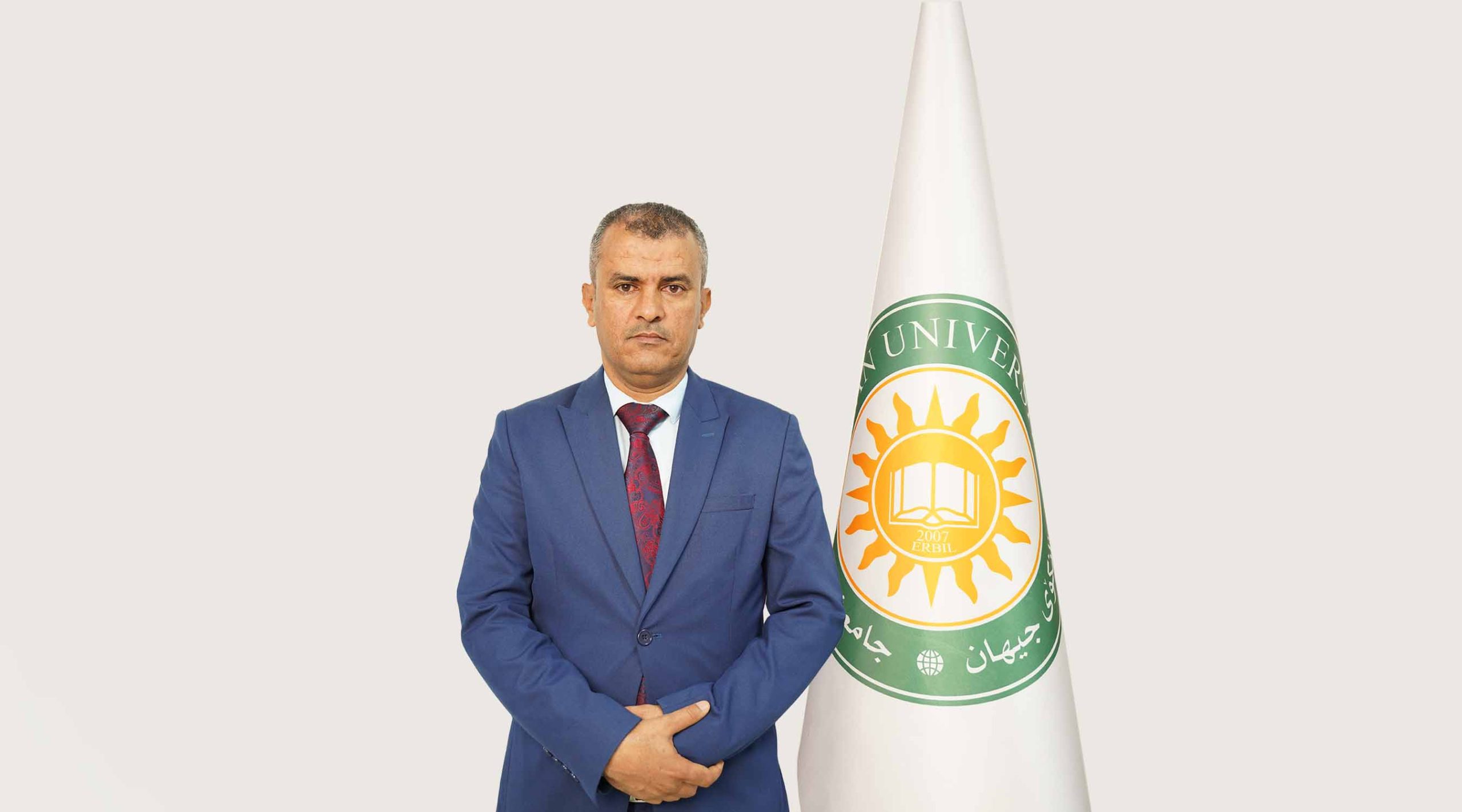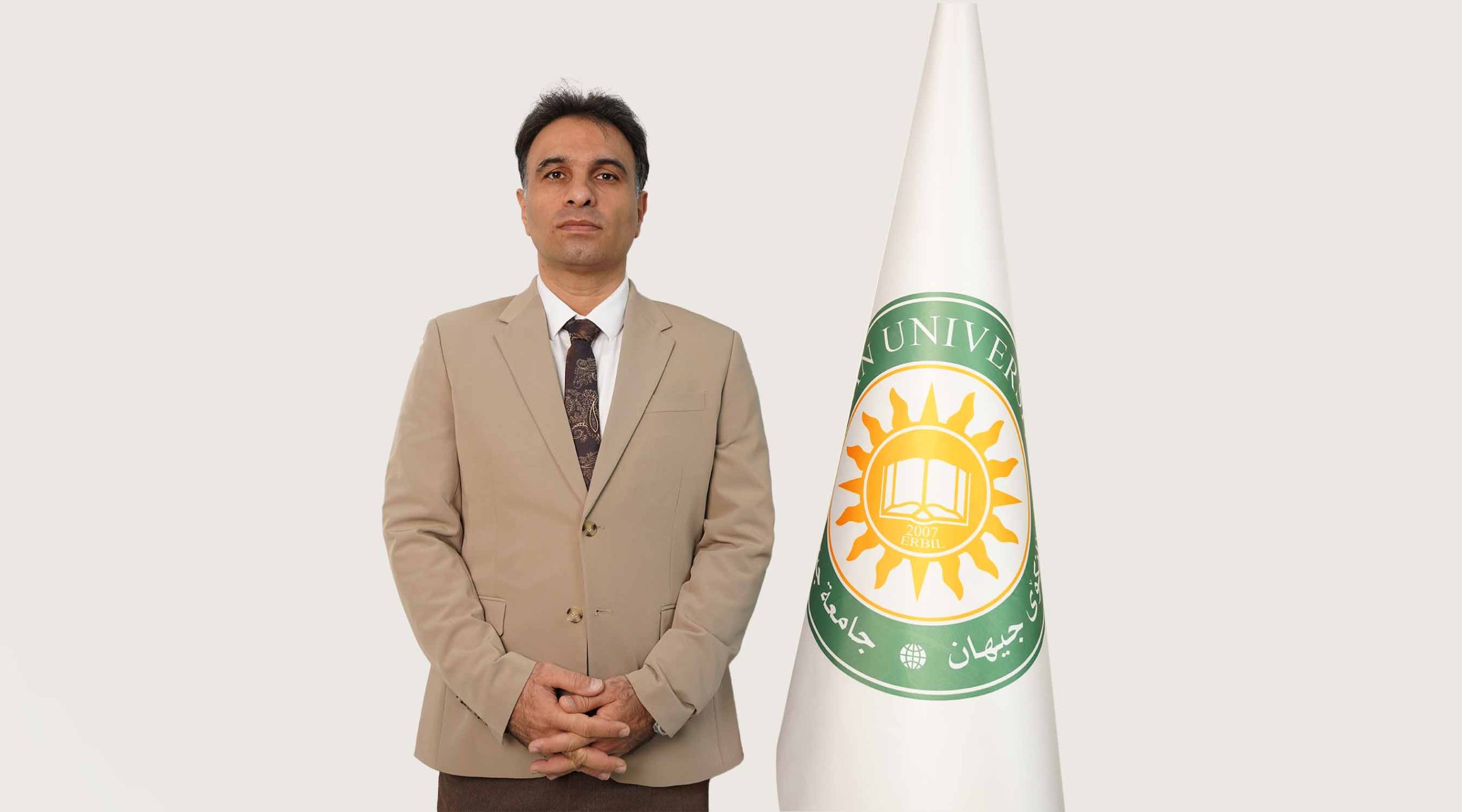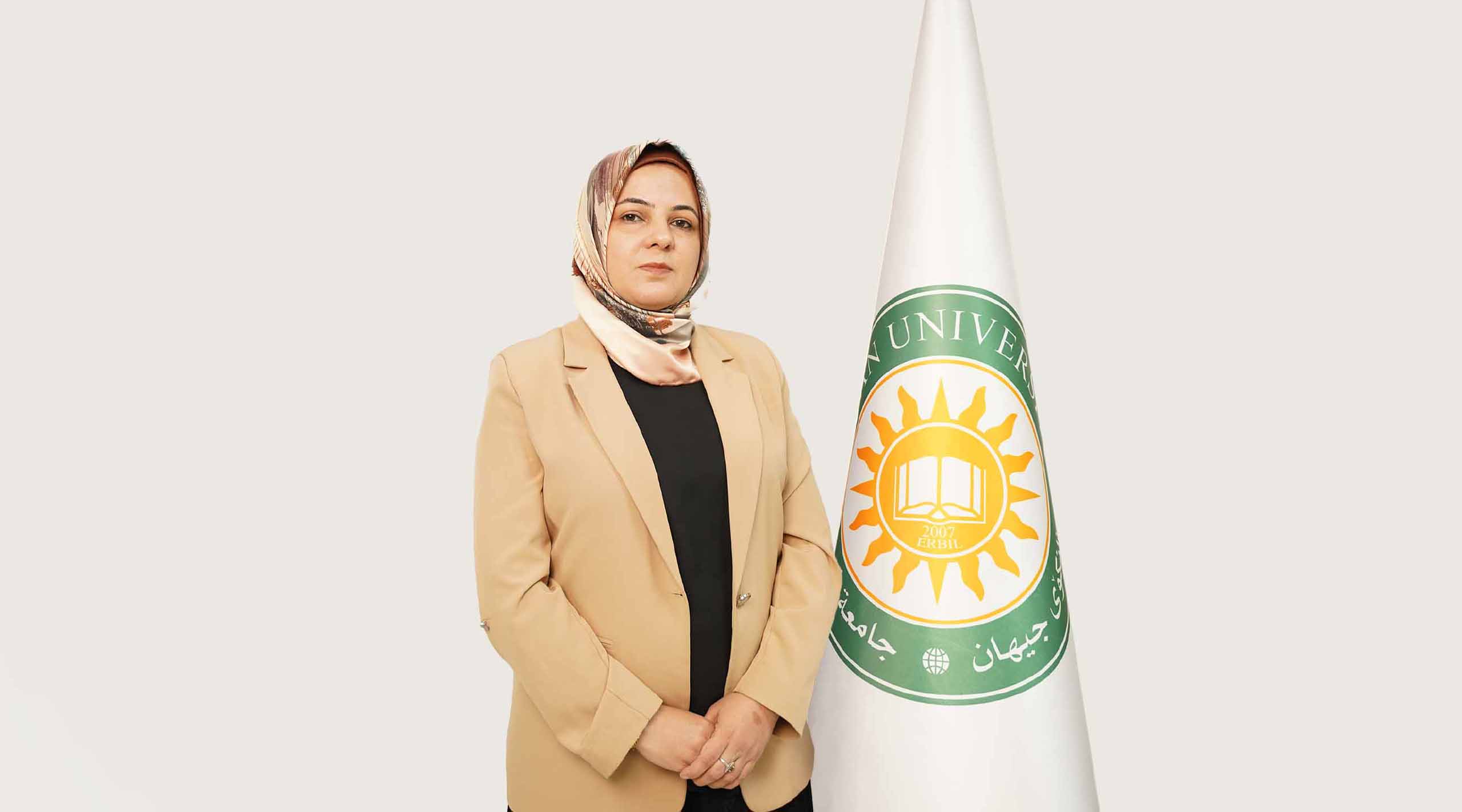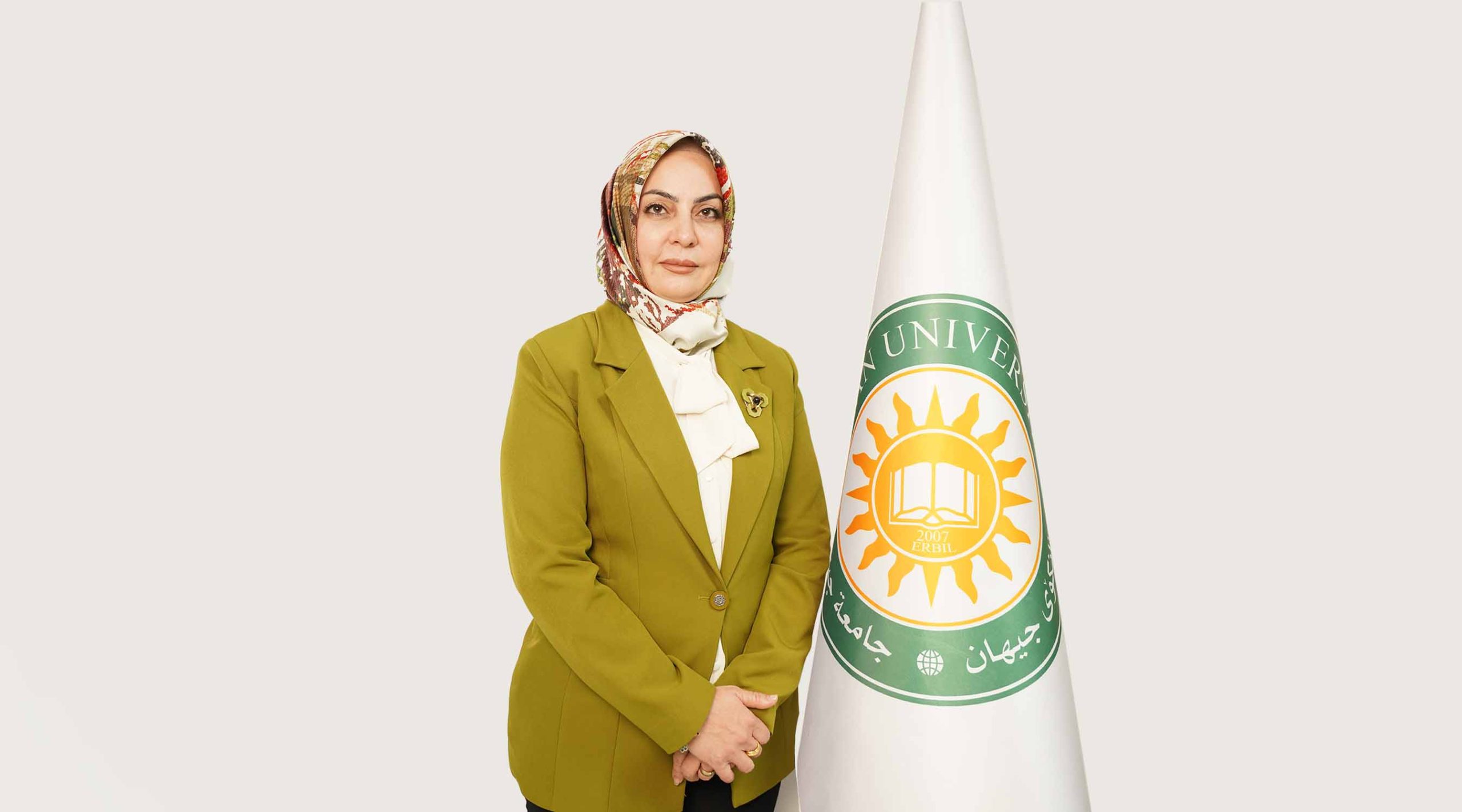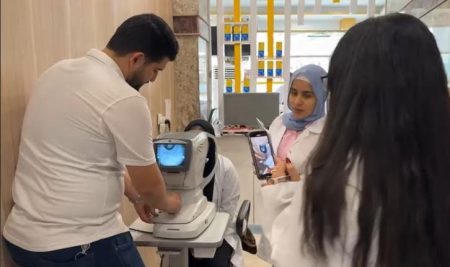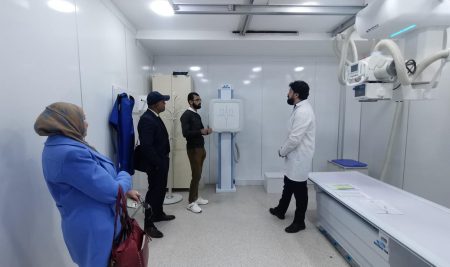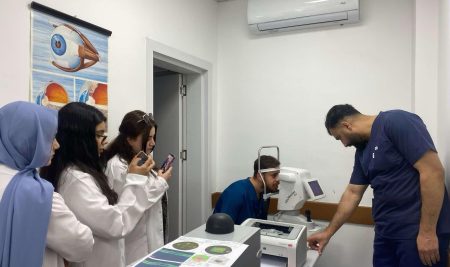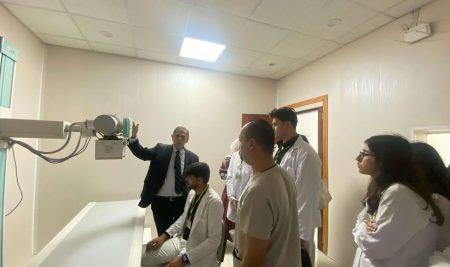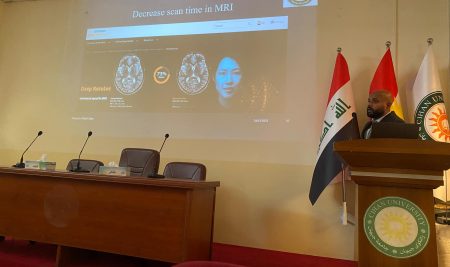Why Choose Us ?
DESCRIPTION
The Department of Radiological Imaging Technologies at Cihan University - Erbil was established in the 2022-2023 academic year as one of the departments within the College of Health Technology. Radiological imaging refers to the use of various techniques to visualize the internal structures of the human body. These techniques employ various forms of energy, such as X-rays, ultrasound, magnetic fields, or radio waves, to produce images of organs, bones, and tissues.
VISION
To be a leading academic department recognized for excellence in radiological imaging education, research, and technological innovation. It aims to produce professional technologists who will shape the future of medical imaging by integrating cutting-edge technology, such as artificial intelligence, with human expertise.
MISSION
To educate and train highly skilled radiologic technologists who are proficient in the latest imaging technologies, ensuring that they contribute to the advancement of healthcare through ethical practice, innovation, and continuous professional development. The department is committed to fostering critical thinking, research, and collaboration in medical imaging to improve patient outcomes and enhance diagnostic accuracy.
What to Expect from the College?
OBJECTIVES
* To provide comprehensive education
* To integrate technology and innovation
* To promote research and continuous learning
* To prepare ethical and competent professionals
* To enhance practical skills
JOB OPPORTUNITIES
* Radiologic Technologist
(X-ray, CT, MRI, Ultrasound)
* PACS Administrator
* Medical Imaging Equipment Specialist
* Medical Imaging Researcher
* Public Health Specialist
* Regulatory Compliance Officer
LABORATORIES
* Medical Physics Lab
* Radiology Lab
* Medical Imaging Simulation Lab
* Physiology Lab
* Histopathology Lab
* Anatomy Lab
* Chemistry and Biology Lab
FACULTY MEMBERS
NATIONAL AND INTERNATIONAL ACCREDITATIONS

Ministry of Higher Education & Scientific Research-Iraq

Ministry of Higher Education & Scientific Research-KRG




















LATEST NEWS AND ACTIVITIES
The Department of Radiological Imaging Technologies Organized an Awareness Campaign
Optometry and Vision Techniques Department: A Visit to Istanbul Optics Center
Students from the Radiological Imaging Technologies Department Continued Practical Training at Erbil International Hospital
Department of Optometry and Vision Techniques Students: A Scientific Visit to Swedish Hospital in Erbil
The Department of Radiological Imaging Technologies Conducted a Scientific Visit to the Swedish Hospital
A Workshop on AI Applications in Medical Imaging
The Department of Anesthesia Technologies Organized an Interactive and Humanitarian Visit to the Orphanage in Erbil
PHTOT GALLERY


DIGITAL ACCESSIBILITY
CONTACT US

Phone
00964 750 697 0504
ritdp@cihanuniversity.edu.iq
Location
100 St. Newroz, Erbil, Kurdistan Regoin, Iraq
Official Working Hours
Sunday-Thursday 08:00 AM-04:30 PM



